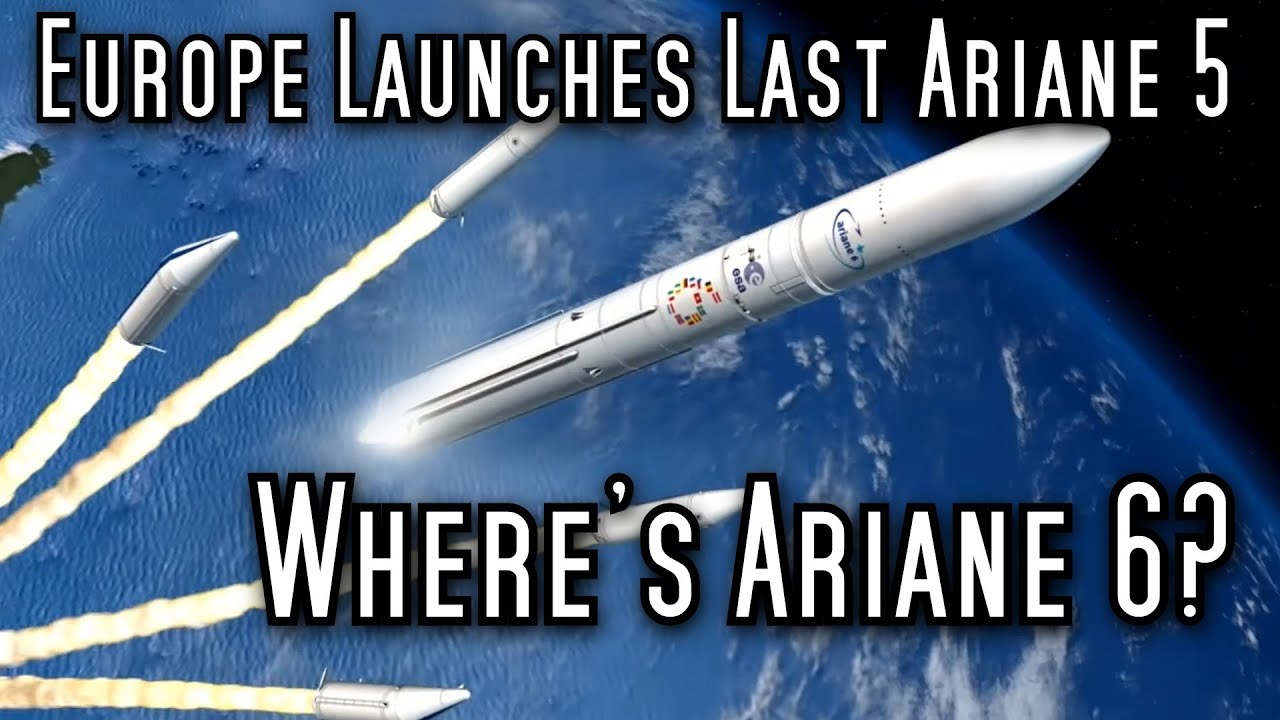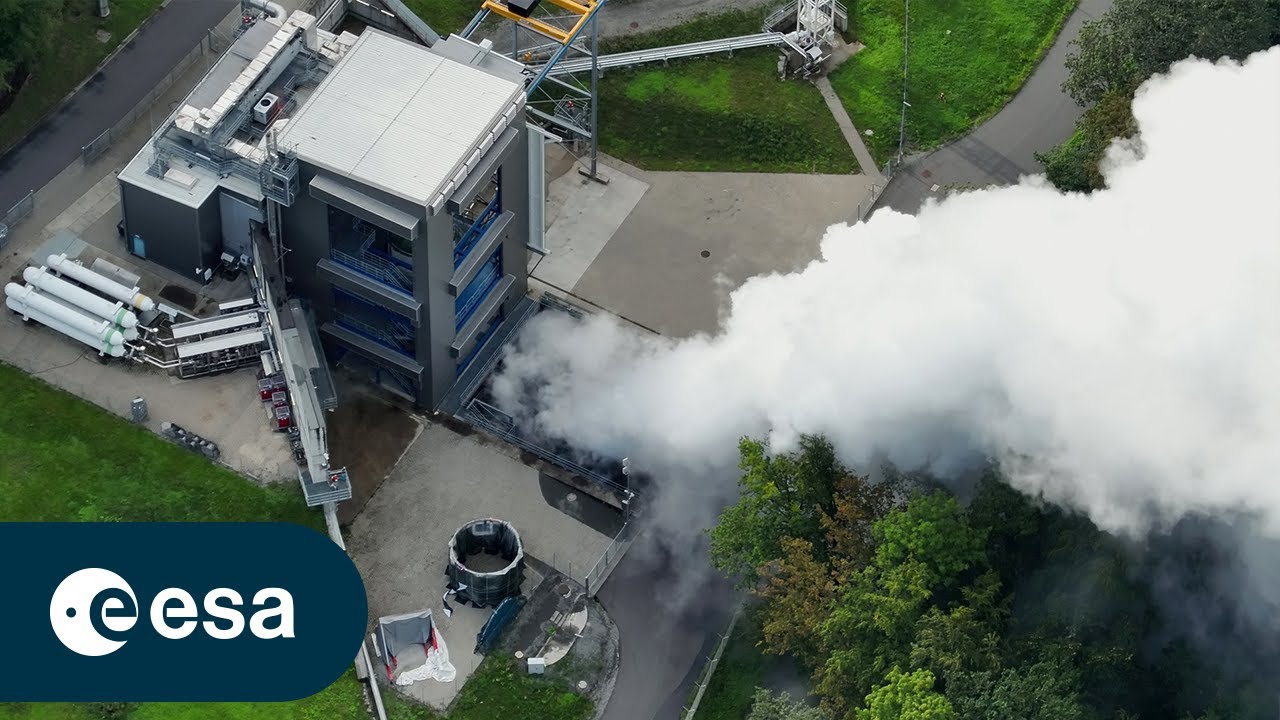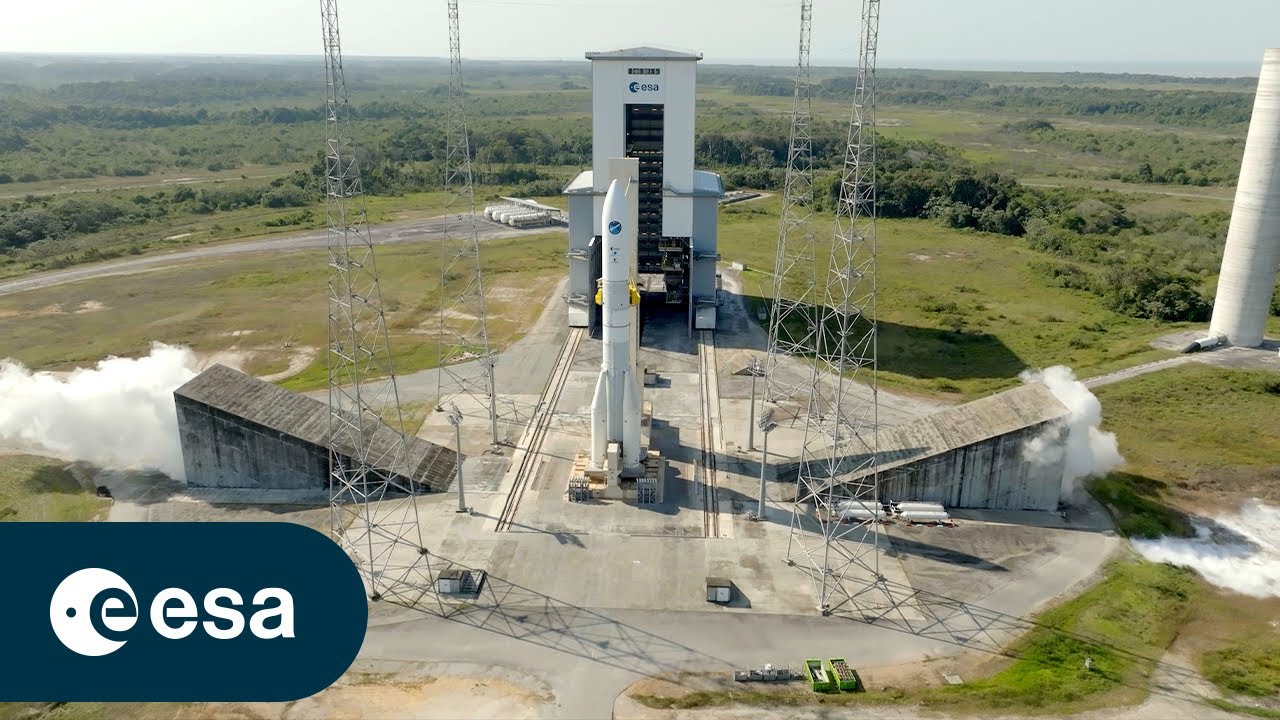And…does developing a new throwaway rocket in the 2020s make any sense at all except as a jobs programme and ego boost for preening politicians and bureaucrats, all funded by taxpayers?
That’s not sufficient? Seems to be working for the SLS program, too. ![]()
Supposed to have 3 launches in Q4 2023:
However, SpaceNews reports:
WASHINGTON — A key Ariane 6 supplier expects the rocket to make its first launch within a year, but ruled out any chance the vehicle could fly before the end of 2023.
In a May 10 earnings call, executives with German aerospace company OHB predicted that the rocket will make its long-delayed debut within the first several months of 2024, the strongest indication yet by those involved with the rocket’s development that it will not be ready for launch before the end of this year.
“It’s not yet launched, but we hope that it will launch in the early part of next year,” said Marco Fuchs, chief executive of OHB, of Ariane 6 during a presentation about the company’s first quarter financial results. A subsidiary of OHB, MT Aerospace, produces tanks and structures for the rocket.
Ariane 6 first launch officially slips into 2024: ESA press release "N° 38–2023: Media invitation: Ariane 6 test campaign update”:
At the very last part of the 18 July test, after reaching 90% of the test sequence objectives, the very last part of the test – a short hot firing of the Vulcain 2.1 engine – could not be conducted. The Streamlined Management Team decided to run a new test on 29 August 2023, after a necessary reconfiguration of the ground system.
The 4 September media briefing will also provide an update on the next important milestones, these being the upper stage Hot Firing Test 3 (HFT3) to be held in Lampoldshausen on 1 September followed later that month, by a long firing test of the core stage and its engine, the Vulcain 2.1, in Kourou, tentatively scheduled on 26 September.
The latter will also give engineering teams all the results needed to define a launch period for the Ariane 6 inaugural flight in 2024.
Ariane 6 has been under development since 2014. In 2017, the date for the first flight was set as July 2020. The launch date has subsequently slipped to 2021, 2022, 2023, and now 2024.
On 023-09-04, the European Space Agency released their:
1 September 2023: Upper stage hot firing test, Lampoldshausen - At German aerospace agency DLR’s rocket engine test centre in Lampoldshausen, Germany, engineers from DLR, ArianeGroup and ESA completed another hot-fire test, representative of the inaugural flight.
Assembled at ArianeGroup’s site in Bremen, Germany, the Ariane 6 upper stage incorporates some of the launcher’s main innovations, enabling it to carry out the widest possible range of launch missions, including complex ones such as large-scale deployment of satellite constellations in low Earth orbit (LEO), or successive injection of payloads into different orbital planes. At the end of its mission, the stage is de-orbited.
The stage includes two main tanks for cryogenic propellants (liquid hydrogen and oxygen) to power the Vinci engine which can be re-ignited up to four times, and the innovative Auxiliary Power Unit (APU).
The upper stage test sequence was representative of its full operating phase during Ariane 6’s inaugural flight.
It involved more than 11 minutes (680 seconds) of operation of the Vinci re-ignitable engine in two boosts in parallel with operation of the APU (Auxiliary Power Unit) which was in operation for a cumulative period of nearly 30 minutes.
Here is video of the upper stage hot fire test.
5 September 2023: Combined tests, hot firing test of the main stage with Vulcain 2.1 engine stabilized operation, Kourou – This second hot-fire test of the main stage will be very close to the previous one (18 July), but will end with 4 seconds of stabilized operation of the Vulcain 2.1 engine
This test has now been completed. This is video of the brief engine firing.
3 October 2023 : Combined tests, long-duration hot firing test of the main stage with Vulcain 2.1 engine stabilized operation, Kourou – This long-duration test will end with about 8 minutes (470 seconds) of stabilized operation of the Vulcain 2.1 engine.
This test will cover the entire flight phase of the core stage and will contribute to “flight-ready” qualification of the main stage.
looks like ESA demands google and Bing use low res satellite images of their facilities


